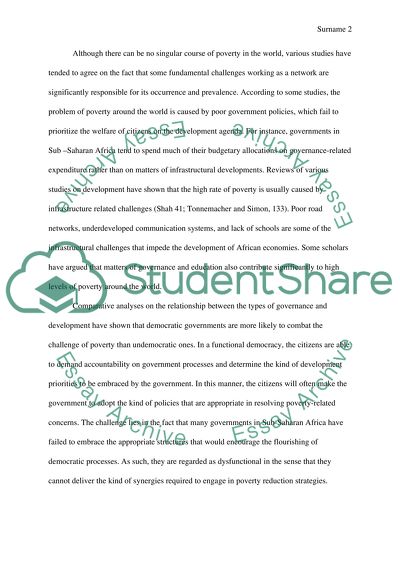Cite this document
(“Causes of poverty Research Paper Example | Topics and Well Written Essays - 2000 words”, n.d.)
Retrieved from https://studentshare.org/sociology/1601446-causes-of-poverty
Retrieved from https://studentshare.org/sociology/1601446-causes-of-poverty
(Causes of Poverty Research Paper Example | Topics and Well Written Essays - 2000 Words)
https://studentshare.org/sociology/1601446-causes-of-poverty.
https://studentshare.org/sociology/1601446-causes-of-poverty.
“Causes of Poverty Research Paper Example | Topics and Well Written Essays - 2000 Words”, n.d. https://studentshare.org/sociology/1601446-causes-of-poverty.


